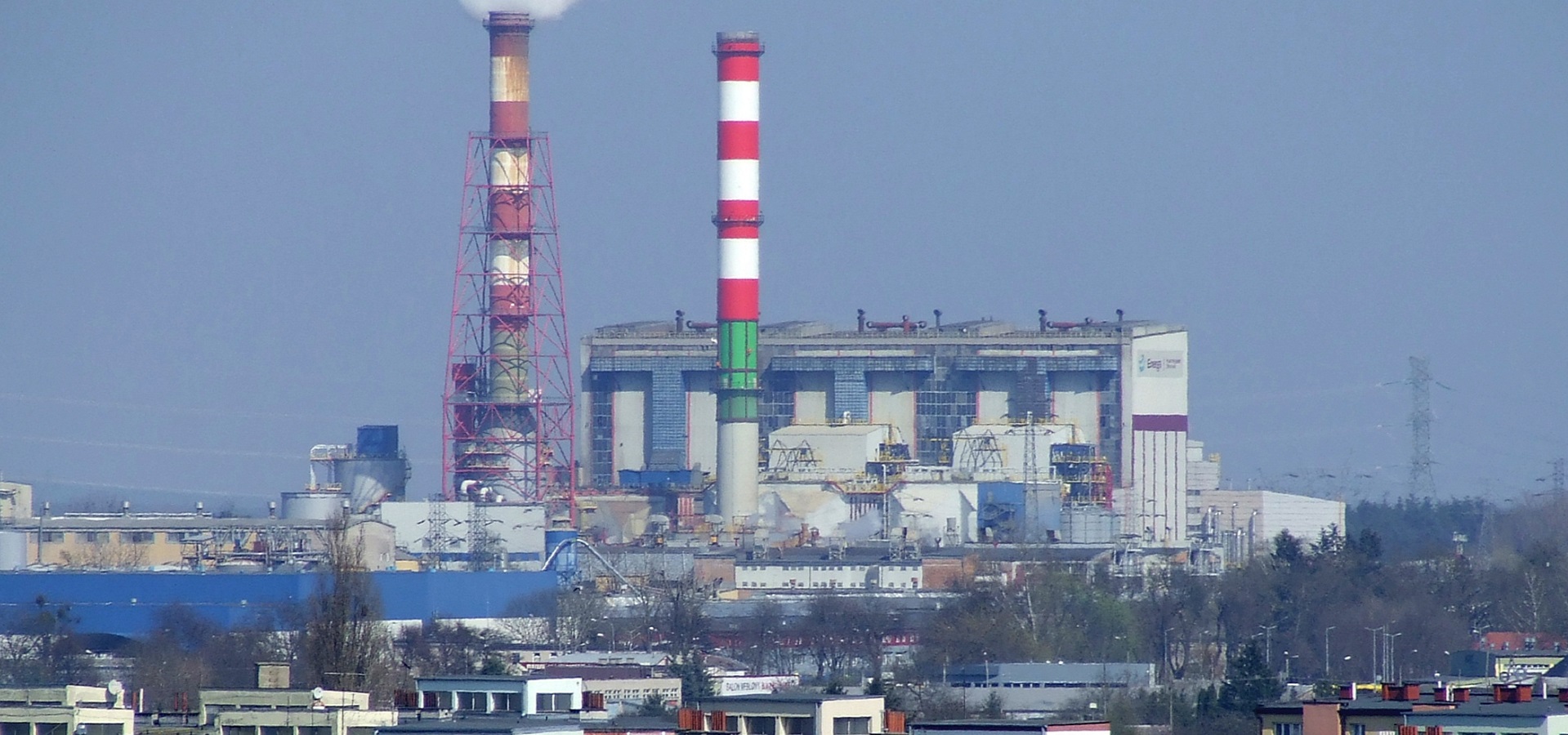Sometimes one can indeed be a prophet in one’s own land. When work began on building a third unit at the power plant in Ostrołęka, central Poland, in 2009, independent experts warned that it was a risky investment – unfortunately, in vain. Michał Olszewski has the story.

(CC BY 2.0, PanSG)
The European Union’s climate policy had already been clearly mapped out for the years to come, beating a path away from coal. In 2012, the Civic Platform, then in government, decided to halt construction. The idea was given a new lease of life three years later when the Law and Justice party took power: instead of focusing on renewable energy, politicians tried to persuade the public that what was needed was more coal-fired power plants. They would provide jobs, they would drive local economies, they would ensure energy independence. In his election campaign, then presidential candidate Andrzej Duda called the halting of construction “a crime”. In 2020, the resumed project had to be abandoned once more – this time due to costs. The residents of Ostrołęka are disenchanted, while the politicians are softening the blow with the classic “Maybe one day.”
Over a billion zlotys, mainly from the public purse, have been sunk into the power plant. The exact figure is not known, because the bill keeps changing. One company alone calculated its losses at almost PLN 900 million.
This story of failed investment and mammoth wasted sums is symbolic for Poland. In recent years, politicians have made many more such mistakes, and Ostrołęka is shocking only for the scale of the financial loss. Flying in the face of the economic calculus, the authorities are trying all sorts of ways to revive coal-based energy and mines, arguing that they remain part of Poland’s raison d’État. For example, they are forcing Polish banks to agree to convert part of the debt owed by the coal firm Kompania Węglowa and arguing that the answer to raw material lying unsold will be an intervention purchase by state institutions and the establishment of a central coal warehouse. None of this is changing the landscape for Polish coal, because the industry’s very foundations are untenable: hard coal mined in Poland is still too expensive compared to raw material from elsewhere in the world, which is creating an absurd situation: many Polish companies are burning coal, and buying it cheaper and of better quality abroad, such as in the Russian Federation. Despite this, the politicians are maintaining the fiction that “black gold” is one of Poland’s national treasures. The result? In 2019 alone, the Polish mining company Polska Grupa Górnicza – the same group that has previously been propped up by the banks – made a loss of over PLN 400 million (roughly USD 106 million).
There is no end to this vicious circle of coal fiction, lies and fantasies. Take for example this July’s plan to restructure Polska Grupa Górnicza, a huge company of over 40,000 employees. The government wanted to close down two mines and, according to some media, was going to declare that the extraction of coal for power plants would end by 2036. But it was frightened by the reaction of the miners: in the end, Jacek Sasin, the minister of state assets responsible for mining, announced that the coal-based economy would end around 2060. This means putting the current crisis on ice for the coming decades and allowing the Polish energy sector’s drastic problems to worsen. The government still does not want to seek a solution that would develop renewable energy sources more rapidly, and sees salvation in an unrealistic and fabulously expensive nuclear power plant that for more than a decade has not been able to get off the drawing board.
The whole world is moving away from coal. Renewable energy is getting cheaper and installations are becoming increasingly effective. Meanwhile, in Poland, politicians continue to force through their harmful, unrealistic and costly vision of a coal superpower, as if we lived in the 1950s. These daydreams are extremely expensive, but the Polish government apparently wants to hold on to them at any cost, even at the highest price: when Polish companies were sending their workers home due to the pandemic in April and May, the miners remained at the coal face – the government did not want to deepen tensions with the miners, so allowed them to operate normally. They had created a ticking time-bomb: by mid-June, 6,000 miners in Upper Silesia were infected with the coronavirus. The fear of taking difficult decisions in the mining industry was so great that the government risked the health and lives of workers in the sector for the sake of some peace and quiet. At the moment, miners are charging politicians a high price and declaring unambiguously: closing the mines is out of the question; we will be at the coal face until the world ends.
This is how the agreement that the government signed with the Polish miners in late September should also be understood. As a date for Polska Grupa Górnicza’s last mine closure, 2049 is too far off to be taken seriously. The government has deferred the necessary decisions for three decades, shifting the burden onto the shoulders of future generations in order to avoid a fuss. It is worth noting the penultimate point of the agreement. It reads: “The agreement shall enter into force on the date of obtaining the European Commission’s consent for state aid, including subsidies on ongoing production for the bituminous coal mining sector.” If (which is very likely) the European Commission does not agree, we will be back to square one. If it agrees, it will mean that Poland’s farewell to coal will be dragged out over the next few decades, and its costs will be borne by the rest of society.
Thus, the discussion on the deep restructuring of the Polish mining industry remains at square one.